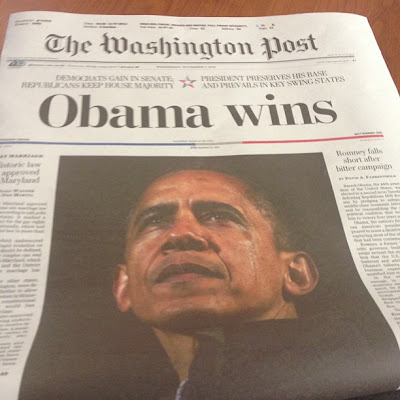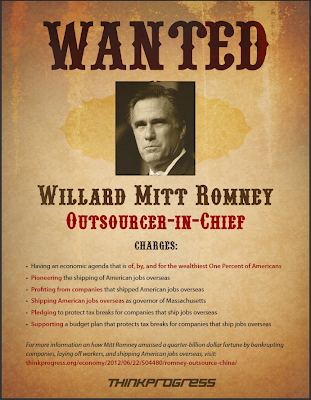Google's motto used to be do no evil, now they have joined evil central ALEC
Quietly, Google has joined ALEC -- the American Legislative Exchange Council -- the shadowy corporate alliance that pushes odious laws through state legislatures.
In the process, Google has signed onto an organization that promotes such regressive measures as tax cuts for tobacco companies, school privatization to help for-profit education firms, repeal of state taxes for the wealthy and opposition to renewable energy disliked by oil companies.
ALEC’s reactionary efforts -- thoroughly documented by the Center for Media and Democracy -- are shameful assaults on democratic principles. And Google is now among the hundreds of companies in ALEC. Many people who’ve admired Google are now wondering: how could this be?
Well, in his recent book “Digital Disconnect: How Capitalism Is Turning the Internet Against Democracy,” Robert W. McChesney provides vital context. “It is true that with the advent of the Internet many of the successful giants -- Apple and Google come to mind -- were begun by idealists who may have been uncertain whether they really wanted to be old-fashioned capitalists,” he writes. “The system in short order has whipped them into shape.”
McChesney adds: “Any qualms about privacy, commercialism, avoiding taxes, or paying low wages to Third World factory workers were quickly forgotten. It is not that the managers are particularly bad and greedy people -- indeed their individual moral makeup is mostly irrelevant -- but rather that the system sharply rewards some types of behavior and penalizes other types of behavior so that people either get with the program and internalize the necessary values or they fail.”
Google has widely mythologized itself as some kind of humanistic techno-pioneer. Obscured in a fog of digital legend is the agenda that more than ever is transfixed with maximizing profits while capitalizing on anti-democratic leverage of corporate power. Google’s involvement in ALEC is consistent with the company’s mega-business model that relentlessly exploits rigorous data-mining of emails, online searches and so much more.
Yet image-conscious companies can be skittish about public pressure. That helps to explain why dozens of firms withdrew from ALEC during the last year.
A few days ago -- when my colleagues at RootsAction.org sent out an email alert about news of ALEC’s connection with Google as well as with Facebook and Yelp -- more than 25,000 people quickly signed a petition urging those companies to “stop funding ALEC.” Several thousand of the petition signers added comments that can be read online along with the petition.
Those comments reflect widening comprehension of Google and the significance of its alignment with ALEC. Here’s a sampling:
“I expected better. Maybe that was naive.” James C., San Jose, CA
“What happened to your big pledge? ‘Don't be evil’? Guess it was just words...” Lois W., Sun City, AZ
“Better check your definition of EVIL -- look it up on Google…” Armando A., Vista, CA
“Please don't fund tyranny. You were supposed to be one of the good guys.” Ernest W., Easthampton, MA
“Your credibility is fading associating with this kind of scum.” John B., Easton, CT
“You are subverting the wishes of your clients/users while undermining democracy.” Vincent G., Sioux Falls, SD
“Shame on you. Think about what the majority of your users want instead of the ‘rich’ guys.” Karen B., Westminster, CO
For those who are not familiar with ALEC (American Legislative Exchange Council) these are some starter articles, ALEC Exposed ( they are a militant proto-fascist anti-American organization that truly hates democracy) and they promote the control of the economy by elite plutocrats and the personal lives of Americans, Conservative Nonprofit Acts as a Stealth Business Lobbyist.











































